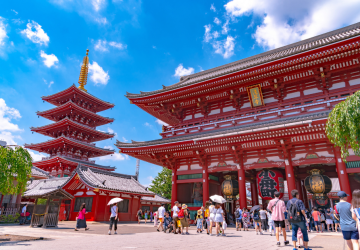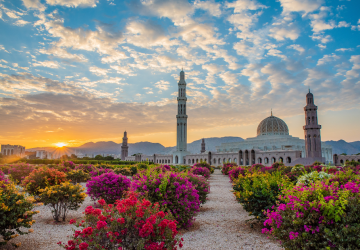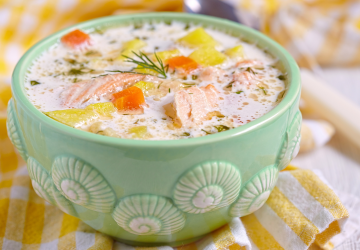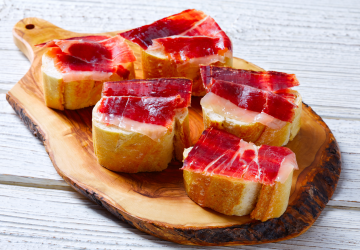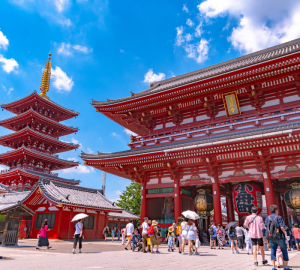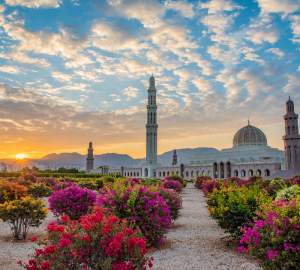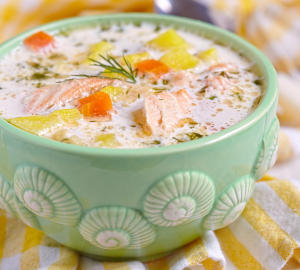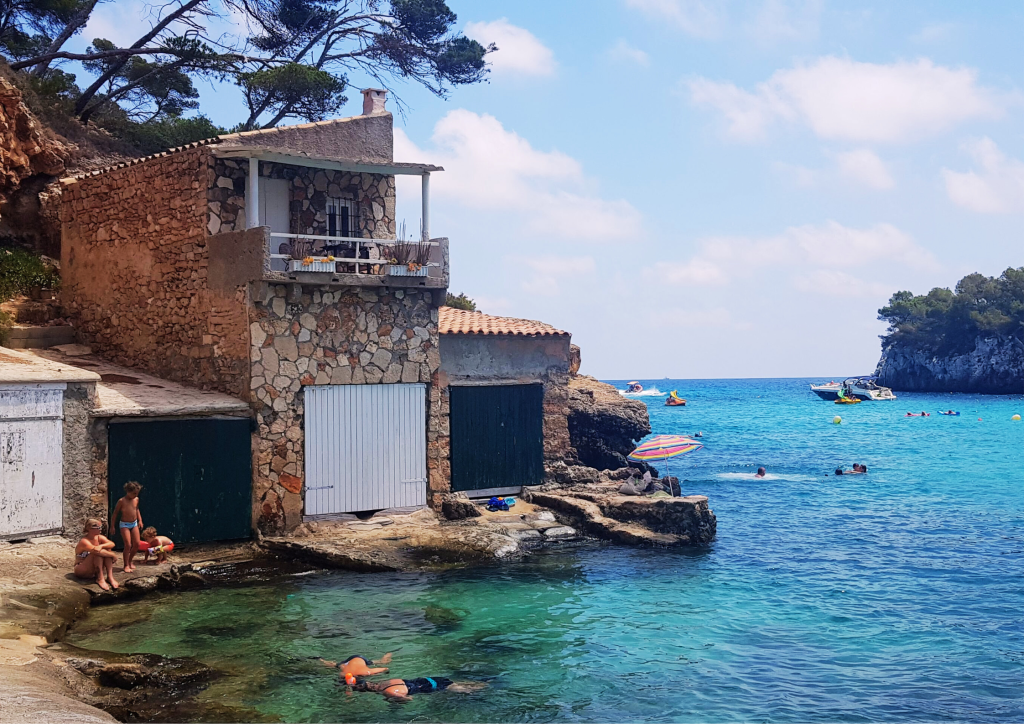
Cala LLombards, Mallorca.
Welcome to Global Parenthood Stories. Today’s installment is one close to my heart because we are traveling to meet someone who now calls my second home, their first. Meet Debra Rissmann, a Queenslander who lives in Mallorca Spain with husband Nicolas and their son Myles. Looking in, Mallorca looks like a real life postcard with its turquoise, crystal clear waters, picturesque villages and rugged mountain backdrop. Debra shares with us what it’s like running a business in a new country, what’s surprised her most about the Spanish lifestyle and the local attitudes toward children.
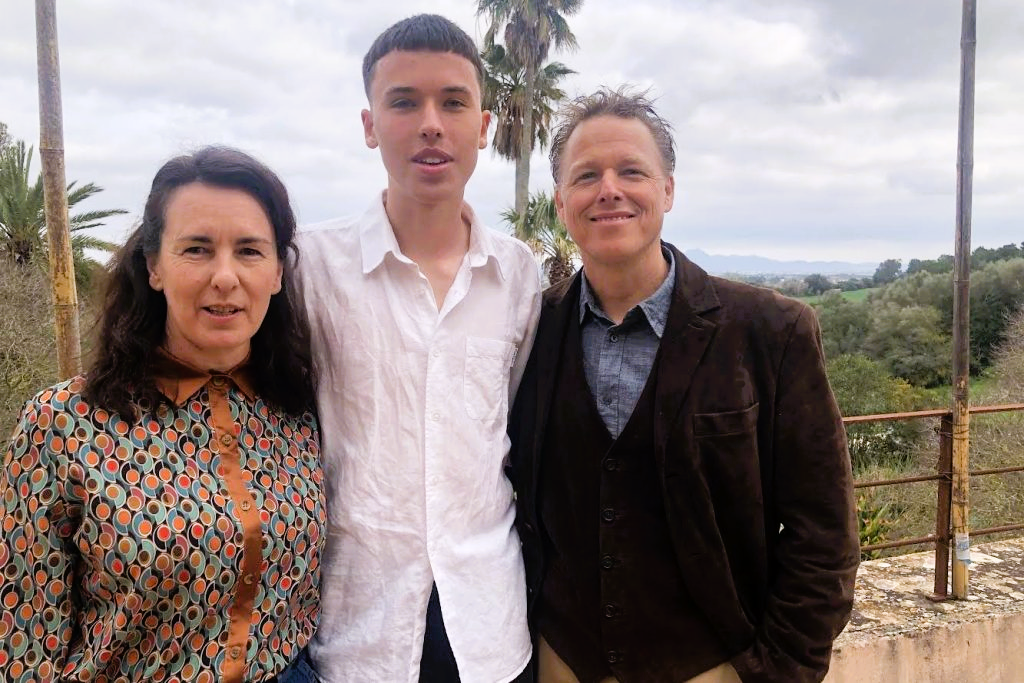
Background: Debra grew up in Northern Queensland in Australia and went to high school in a city called Mackay. She remained in Australia where she was working for the Orient Express Hotel group when an opportunity presented itself for her to transfer to the same hotel group in Mexico. She leapt at the opportunity and during her time working there, she met her now husband Nicolas who had also been transferred to the hotel from his homeland in Spain. They traveled to Australia together where they ran a restaurant for 4 years in Rainbow Beach, a coastal rural town in the Sunshine Coast. They enjoyed life there for a few years and welcomed son Myles into the world in 2006. Soon after they moved on to another coastal town in Northern New South Wales, Lennox Heads. They found their way back to restaurant life and ran another business in Ballina for 5 years before moving to Hamilton Island in the stunning Whitsundays region of Australia. Nicolas worked as an Executive Chef there while Debra worked as a Personal Assistant and later in Employee Relations.
Having enjoyed the expat experience in Mexico, they decided it was time for another adventure to Spain. They were excited to give their ten year old son Myles, now seventeen, the opportunity to learn another language and base themselves in Europe where they could be closer to Nicolas’ family. The Balearic Island of Mallorca is where they now call home and where they run a charming small boutique hotel, Son Sant Andreu.
The abundance of fiestas: In Mallorca there are an abundance of fiestas; some traditional and some more contemporary. Our favourite fiesta is the Correfoc. Correfoc means ‘fire runs’ when translated from Mallorqui (Mallorca’s local language). Correfoc involves groups of people dressed as devils blowing fire from as they parade through the streets. Each village on the island has their own demon that sports their own specific look. The culmination of the event involves lots of fireworks and chasing the children around the village. It’s crazy but lots of fun!
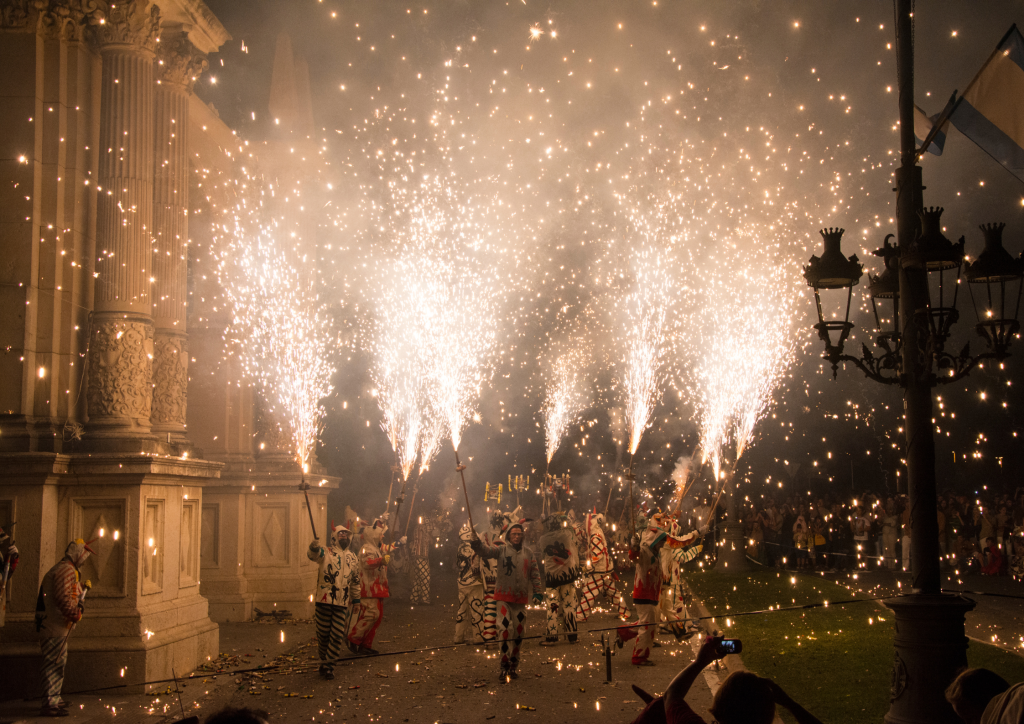
Food: In Mallorca the fresh food is very cheap here. There is an abundance of local fruit and vegetables in our area available to buy. We don’t eat Mallorcan dishes often unless we’re at a local restaurant but we do have sobrasada in our fridge though. Sobrasada is a raw, cured sausage and is a delicacy of Mallorca. It’s made of ground pork, paprika and other spices and is spread on bread like pâ·té. When we do eat out, we’ve found the food offered in the regular local restaurants is fairly predictable. You know exactly what will be on the menu before you walk in which at times can be a bit boring. Spain is known for its wonderful food but you have to eat at a restaurant that’s a little bit elevated to get that or be in the right region such as San Sebastian. Lunch in Spain is the biggest meal of the day. Most schools have the option for the kids to eat lunch there which is provided by the school or they can go home and eat lunch.
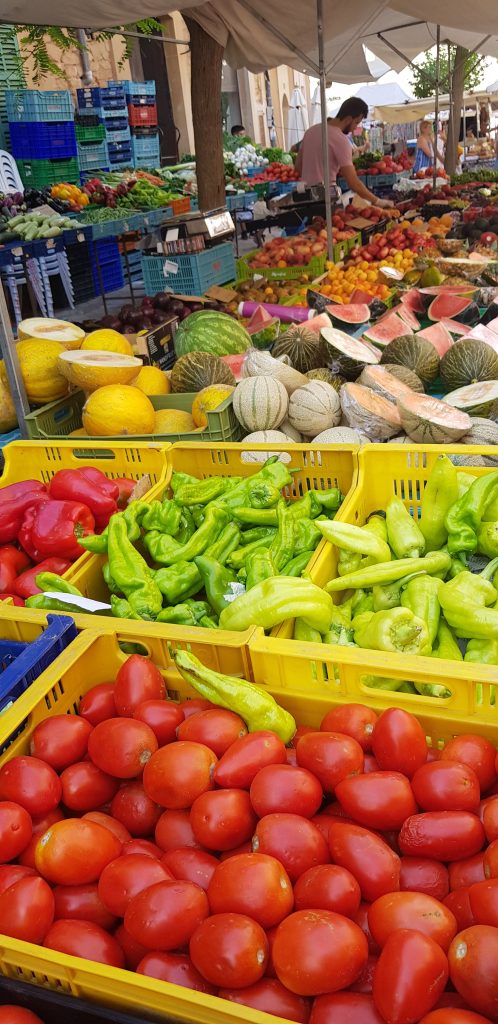
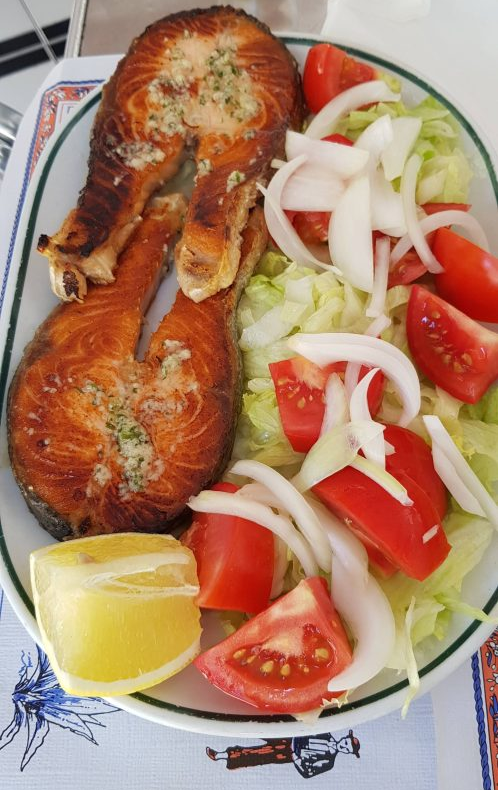
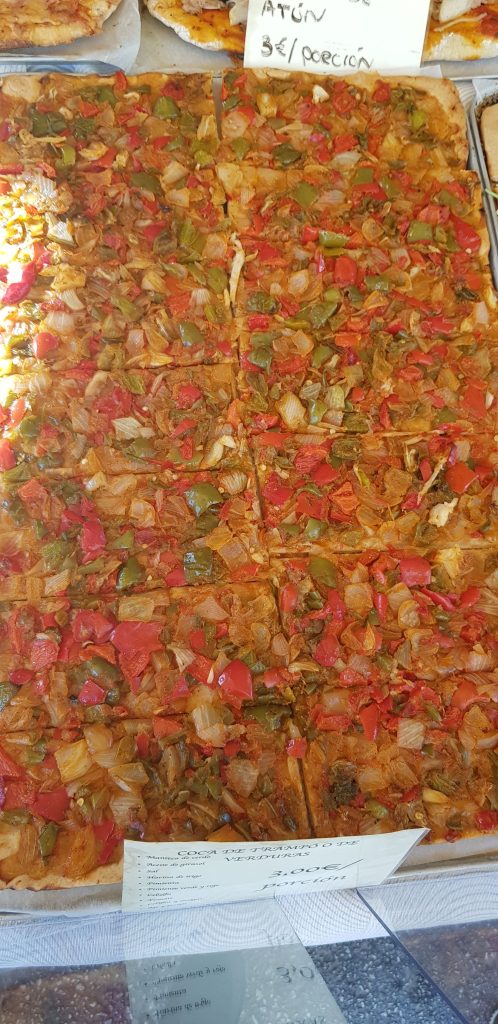
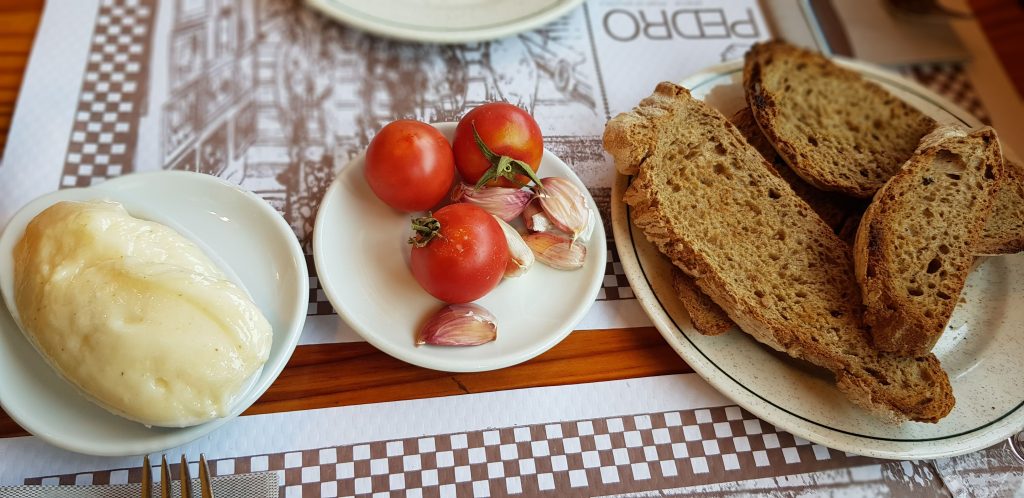
Business opportunity: We had initially come here to help facilitate the hotel opening of someone else’s business. The idea of running our own hotel had been brewing in our minds for a while and when the job we had come for didn’t pan out as expected we decided to take a leap of faith. We found ourselves on a real estate website looking at what is now our hotel, Son Sant Andreu and we decided to follow our dream. The main challenge is that my Spanish is not great so many of the things I would normally have taken care of, I’m having to leave for my husband to do. I rely on our accountant a lot more than I did in Australia as all of the rules and ways of doing things are completely different.
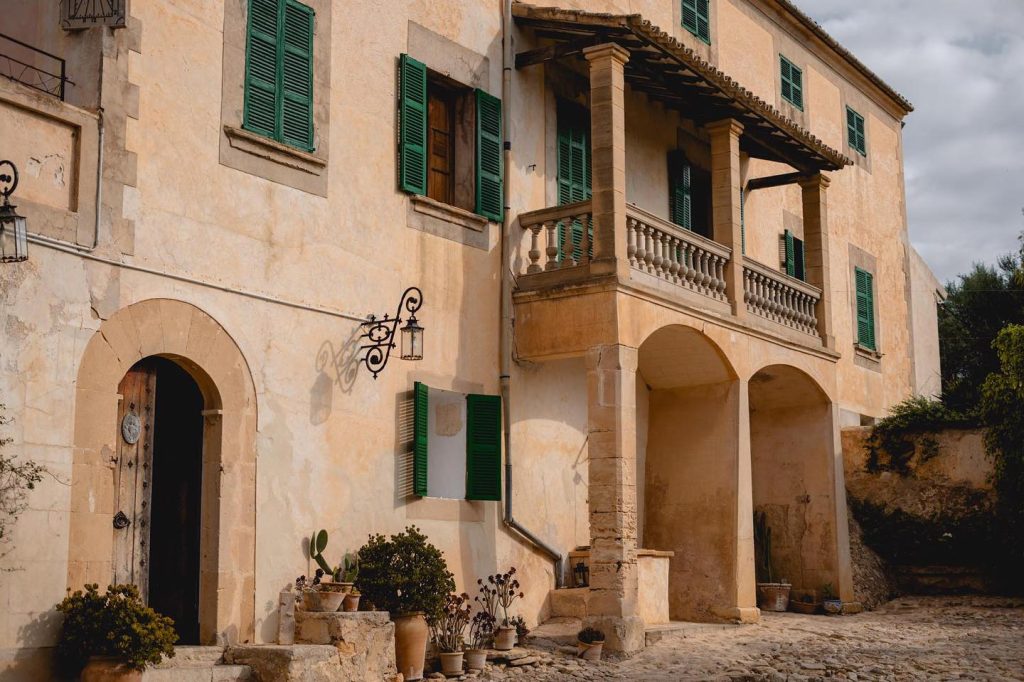
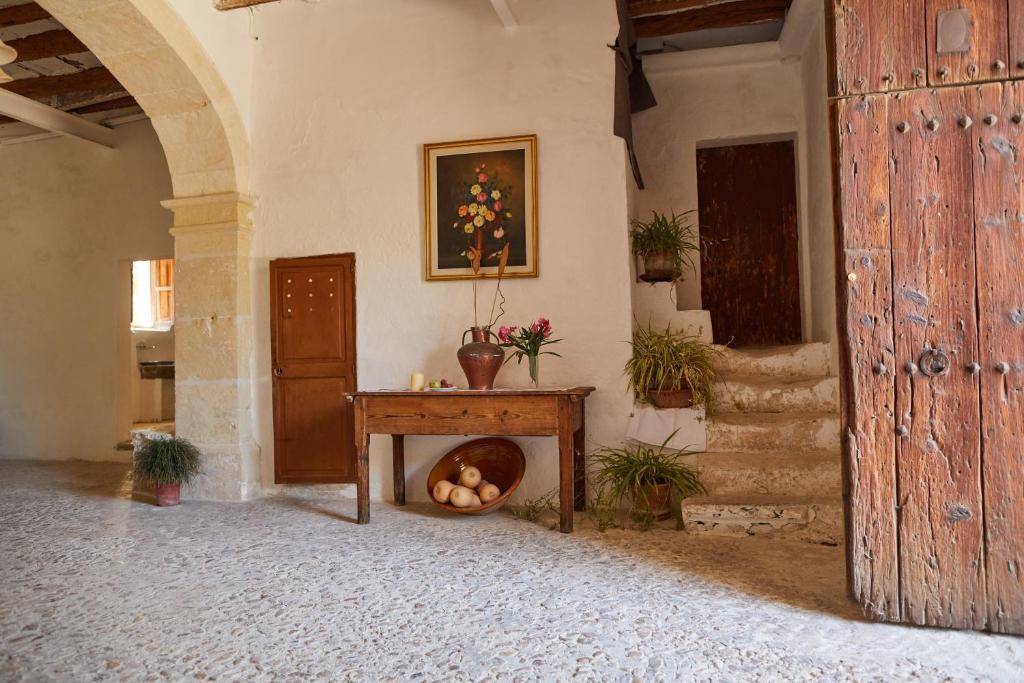
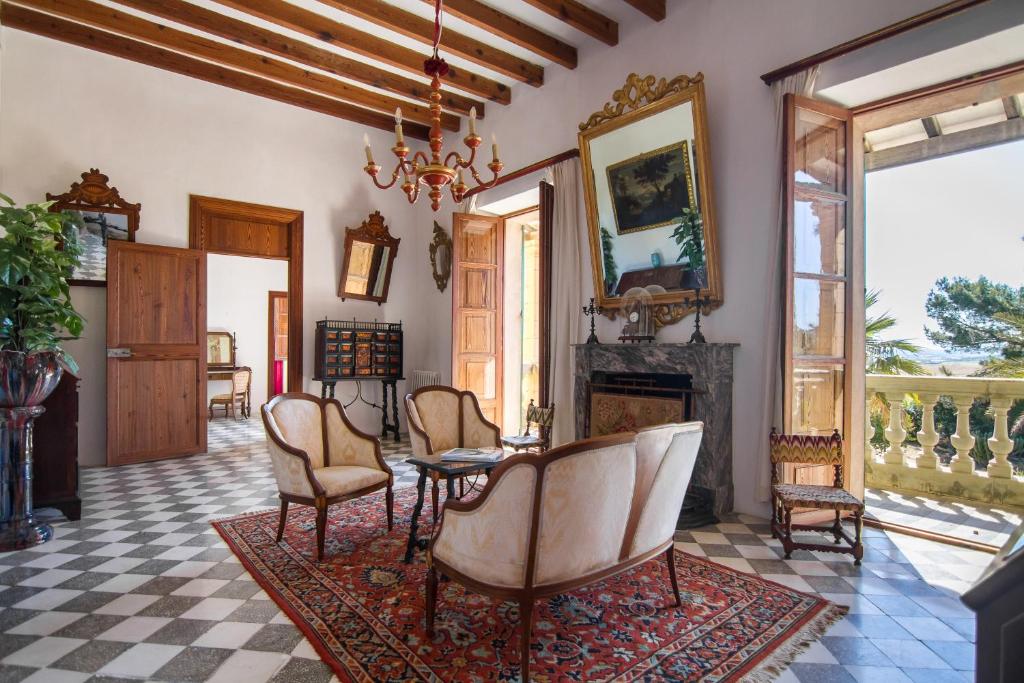
Housing: In the Mallorcan towns, it’s fairly high density. There are rarely any front yards and the backyards are fairly small. We’ve found that kids play more outside of the home in ‘polideportivos’ or parks because there is more room. All towns have great council owned sports centres called ‘polideportivos’ where kids can play sports. Volleyball, basketball and football are the biggest participant sports here. There is also a grant parents can apply for if you cannot afford the training fees. The centres also have swimming pools but they seem to be used more for fun than serious training. My son Myles is part of a basketball team and trains three times a week and then plays competition on the weekends. The competitions are held at various polideportivos so on the weekends we find ourselves driving all over the island to the games. There is also a big participation in adults in sports like padel, a popular sport here best described as a combination of tennis and squash. It’s played using a small thick racquet and a special type of tennis ball. The court is fairly small and is fully enclosed with a class rear and sidewall. Volleyball and basketball are also popular among adult players.
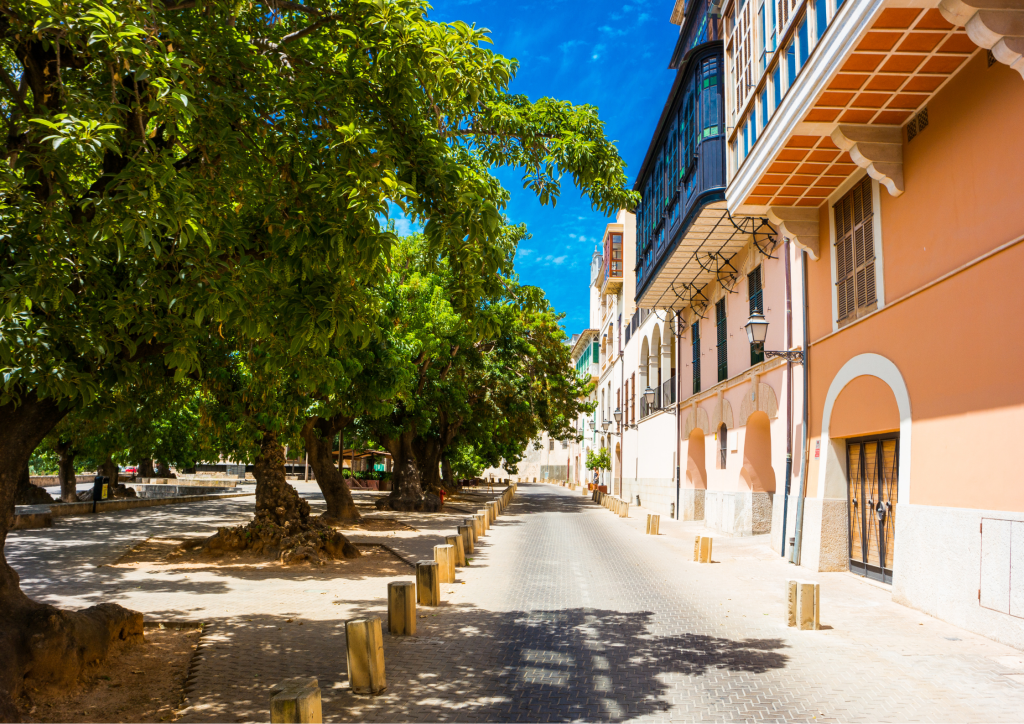
Townhouses without front yards. Some properties like these will have private courtyards.
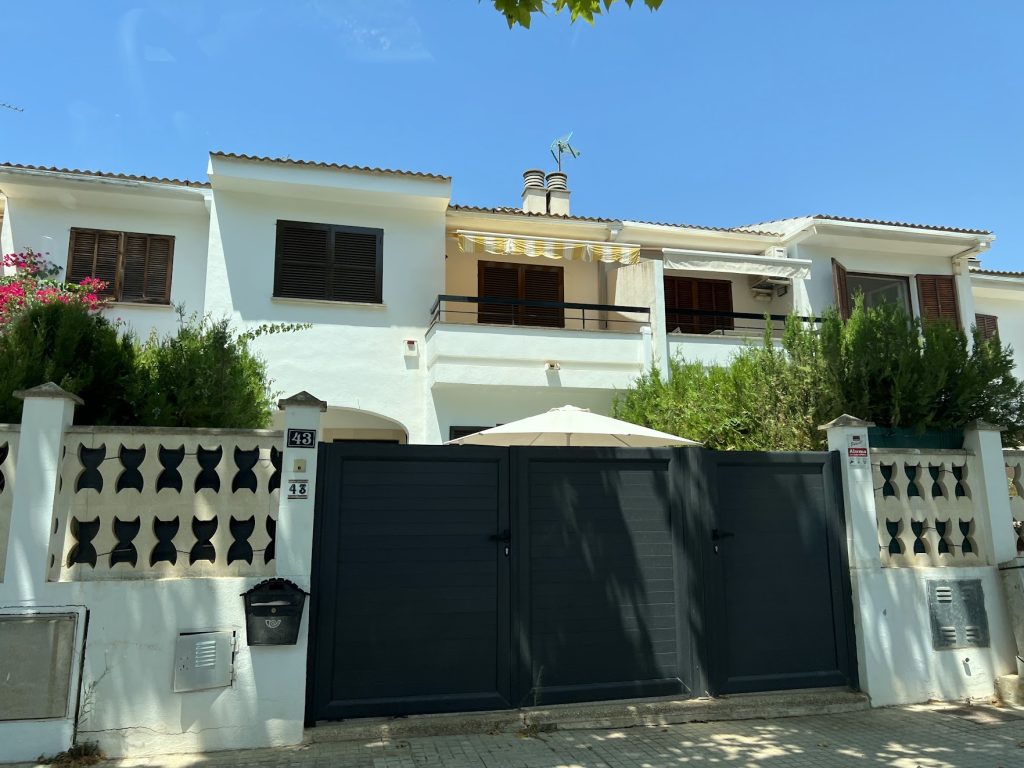
Typical townhouse in Mallorca with a small front yard and small backyard. Often, the entire street will have a number of houses side by side with identical townhouses. You can see in this photo it’s difficult to know when one begins and one ends!
Spanish timing: What surprised me most about moving to Spain was the timing of things. Everything happens late except the start of school. There is a relaxed approach to arriving at social events on time. Most retail shops open at 10:00 am. They close for siesta and reopen late afternoon. The Spanish tend to call the ‘afternoon’ anything up until 8:00 pm. Lunch is usually around 2:00 pm. Dinner is eaten late compared to Australian standards at around 9:00 pm and kids are out in the streets playing until very late too.
Speaking the language: Mallorca has two official languages; Mallorquin and Castellano (Spanish). The locals here will speak Mallorquin before they speak Spanish which has made it challenging to learn through day to day interactions. My son only uses Malloquin during sport as being at an international school it’s not used there. My Spanish is not fluent yet so this holds me back from meeting and socialising with local people. We also work a lot and most of our guests are speaking English too so the opportunities to practice my Spanish are fairly limited. During the winter months, I attend Spanish language classes at our local adult education centre for a 25 euro yearly fee. It’s been great and I’m looking forward to getting more fluent in Spanish so that I can connect with the local community more.
Creating your own community: Without our family here for support, you have to create your own community who can step in when you need help. I have made an effort to get to know the other parents of Myles friends from school, hosting dinners for us all and creating a ladies lunch group. Most of these friends are also expats due to our son attending an International school. I’m keen to make connections with local families too when my Spanish improves but at the moment I think language is the biggest hurdle. If my Spanish was better or if the locals’ grasp of English was better I would have more Spanish friends and vice versa if their English was better.
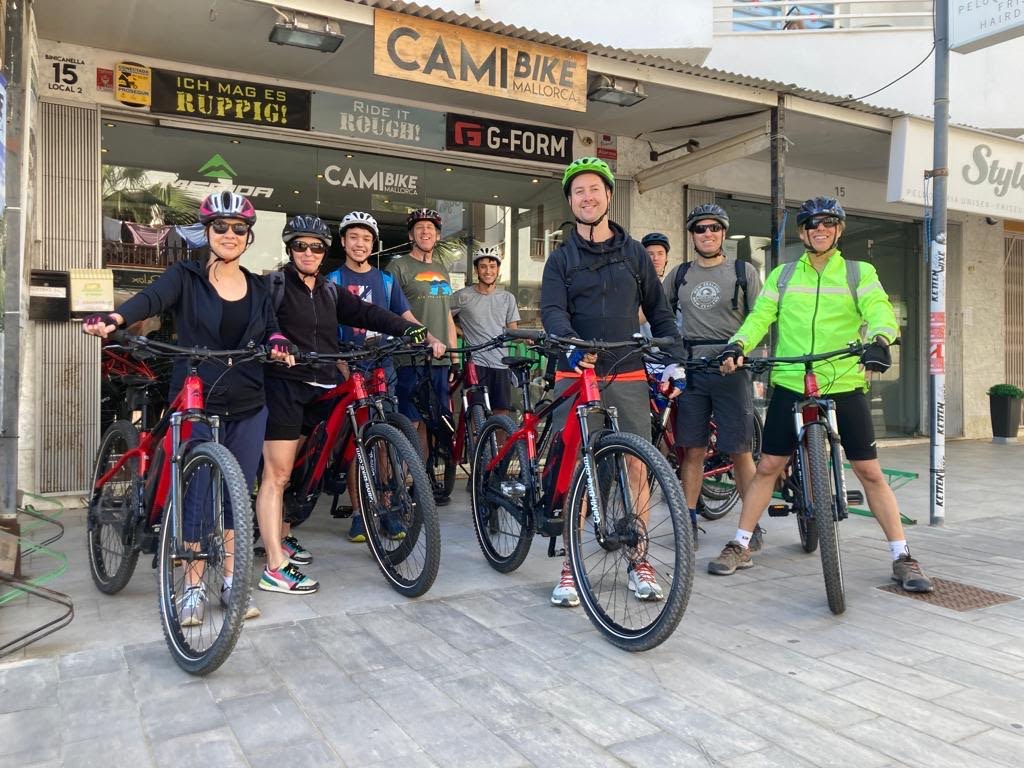
Petra: Petra is a traditional, pretty town in central Mallorca. It’s known for being the birthplace of Fray Junipero Serra, a Mallorcan missionary who was an explorer and colonist of California. In Petra you can visit the house where his parents lived, a museum devoted to his life and work, the church of Sant Pere where he was baptised. The town has a lovely square and some excellent restaurants. Visitors who are looking for a slice of rich local life are in for a real treat in Petra.
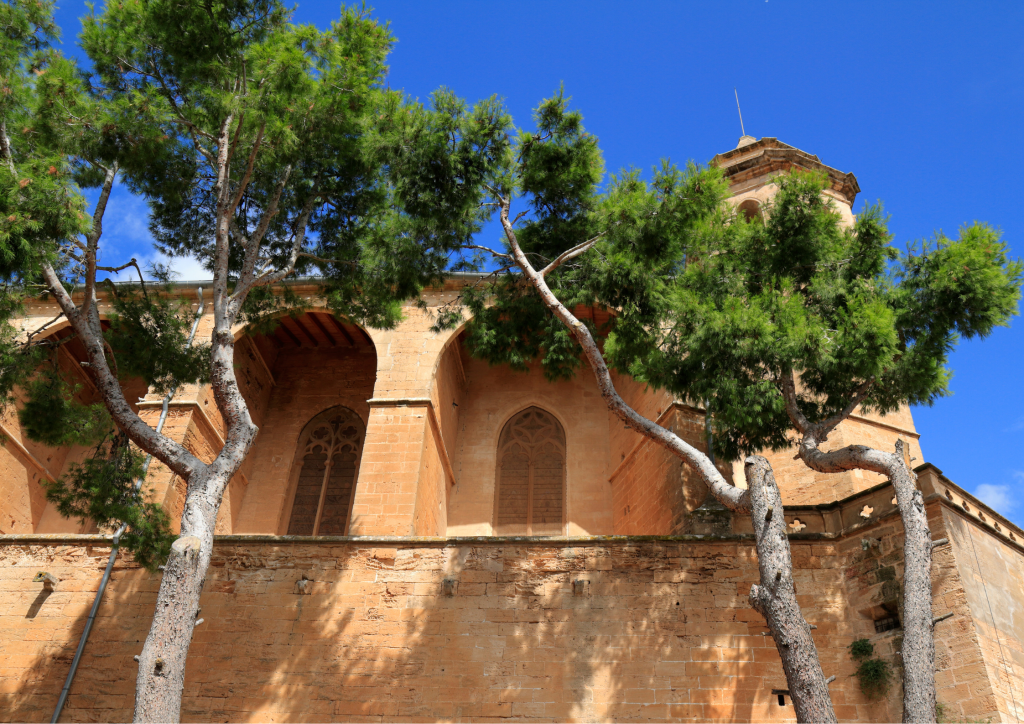
Gothic Church of St Pere in Petra, Mallorca.
Sport in Spain: Spain is a country that plays a lot of group sports and this is great. Our son is part of a basketball team and attends training three times a week and plays competition on the weekends. We’ve found that most kids here participate in some kind of organised sport. It’s given our son such a great opportunity to socialise with local kids, learn discipline and how to work effectively within a team.
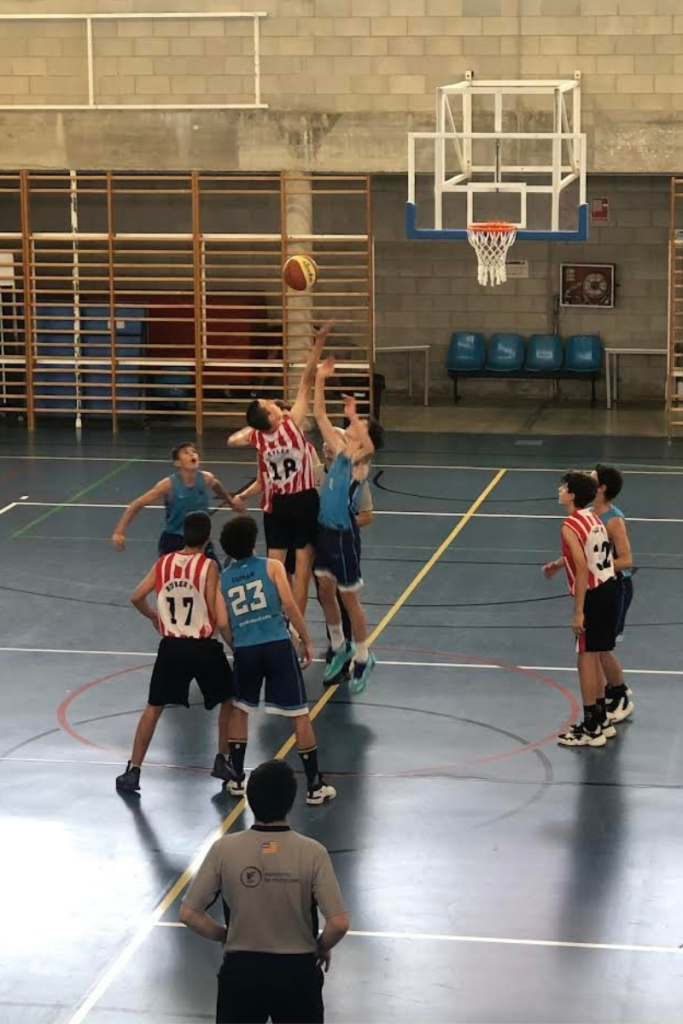
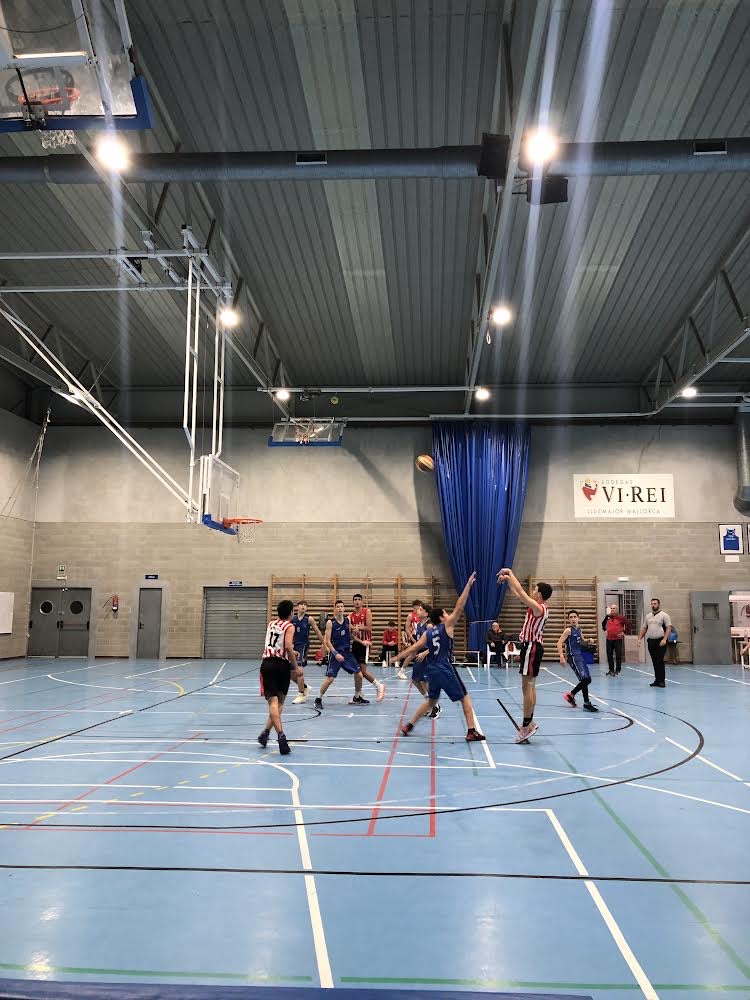
Including children in activities: The Spanish are alwa
ys inclusive of children in day-to-day activities and are quite relaxed with them enjoying the outdoors in the villages amongst the adults. Older kids are also given a lot of freedom and encouraged to get their driver’s licenses as soon as they can. Speaking as a parent of a teenager, they are very loose when it comes to access to alcohol and partying. My son has already been to nightclubs and has no problem buying alcohol at the local shops as ID is rarely checked. We’ve noticed though that young people seem to be able to have fun without the things becoming aggressive when alcohol is involved.
Cultural pride: Children are such a big part of Spain’s culture and are included at most events and social occasions. The Spanish are very proud people and are proud of most of their history. Recently there was a multicultural day at Myles’ school where families were asked to bring some food and somehow represent our country. It reminded me that Australia doesn’t have a national dress. In regards to food, we do have a few dishes we can claim as being ‘Australian’ but we don’t have the same kind of national dishes that they have in Spain or regional ones from the different areas around the country. I made lamingtons and Anzac biscuits for the day.
School in Spain: I can only speak on the international school experience as that’s where my son attends. All of the learning is in English and the majority of kids in my son’s class are of German descent. Mallorca is a hugely popular destination for Germans; both visiting during the summer months and settling here to live. The curriculum is American and I’d say pretty similar to Australian schooling. For me its been a great community to be part of and a great experience getting to know the other parents. Even though we’re from different parts of the world, they are mostly expats too so we are all in the same boat.
Mallorca’s towns: Mallorca is a special place. The old buildings are stunning and I love that there are different seasons where everything around you changes, depending on the season. The almond trees are so picturesque when they’re in blossom during Spring too. It’s the simple things we love here like sitting in a local square, watching the world go by. There are so many ways to spend a beautiful afternoon here.
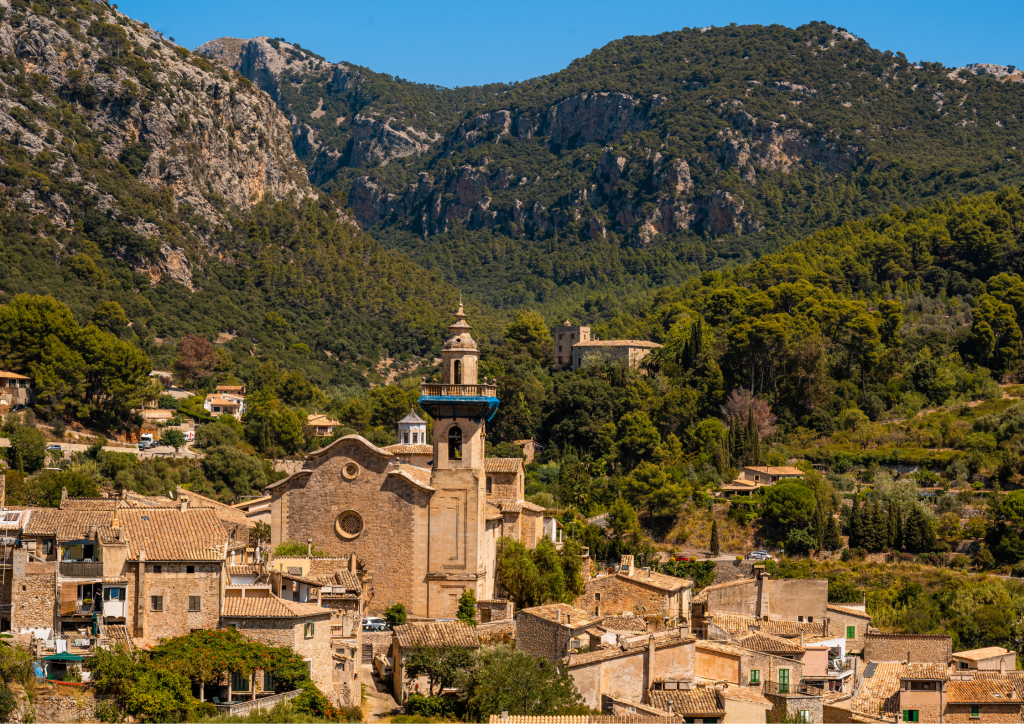
Above and below: Valldemosa, Mallorca.
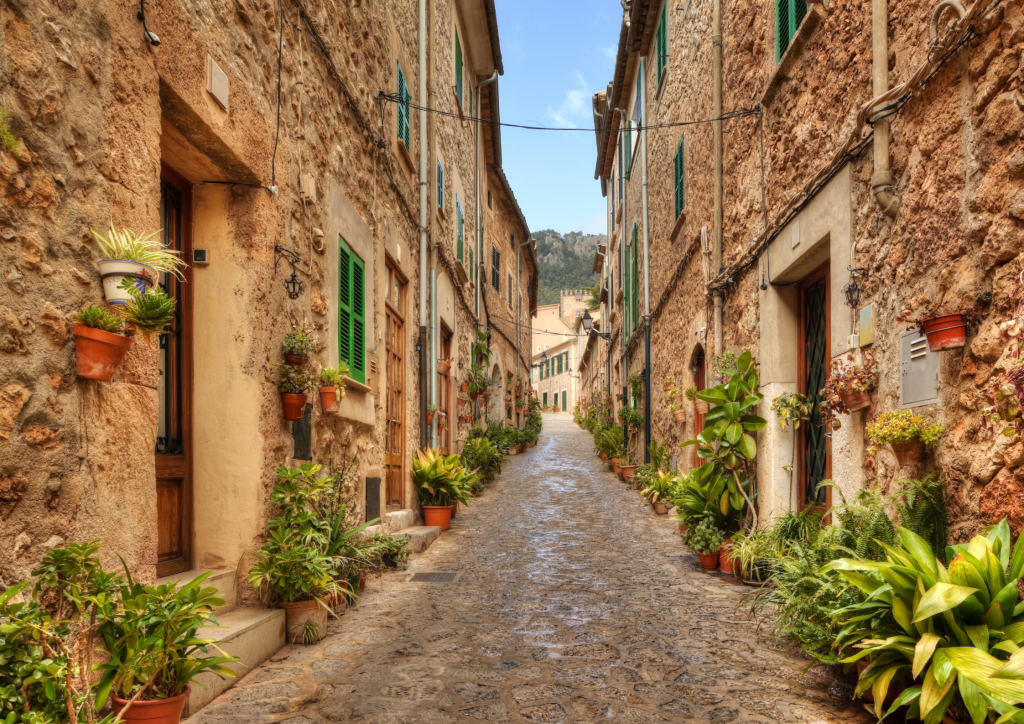
Mallorca’s beaches: The beaches here are most famous for their crystal clear, turquoise blue waters however something that stands out to me is how the beaches themselves are used so effectively. There are volleyball nets set up on the sand and are constantly being used. There is a lot of movement and sport played on the beach. You are also allowed to enjoy a beer at the beach without fear of being given a hefty fine like on Australian beaches. Mallorcan families will typically get to the beach before 12:00 pm and spend the full day there on a Sunday with barbeques, chairs, tables, umbrellas and completely set up camp there. There are children everywhere and it’s a relaxed and festive atmosphere. A distinctive part of Spanish beach culture too are the beach kiosks or ‘chiringuitos’ as they call them. They are small restaurants that primarily sell drinks, tapas and snacks. You can order from them and eat at tables set up with your feet in the sand. It’s very rare to find these kinds of set ups in Australia.
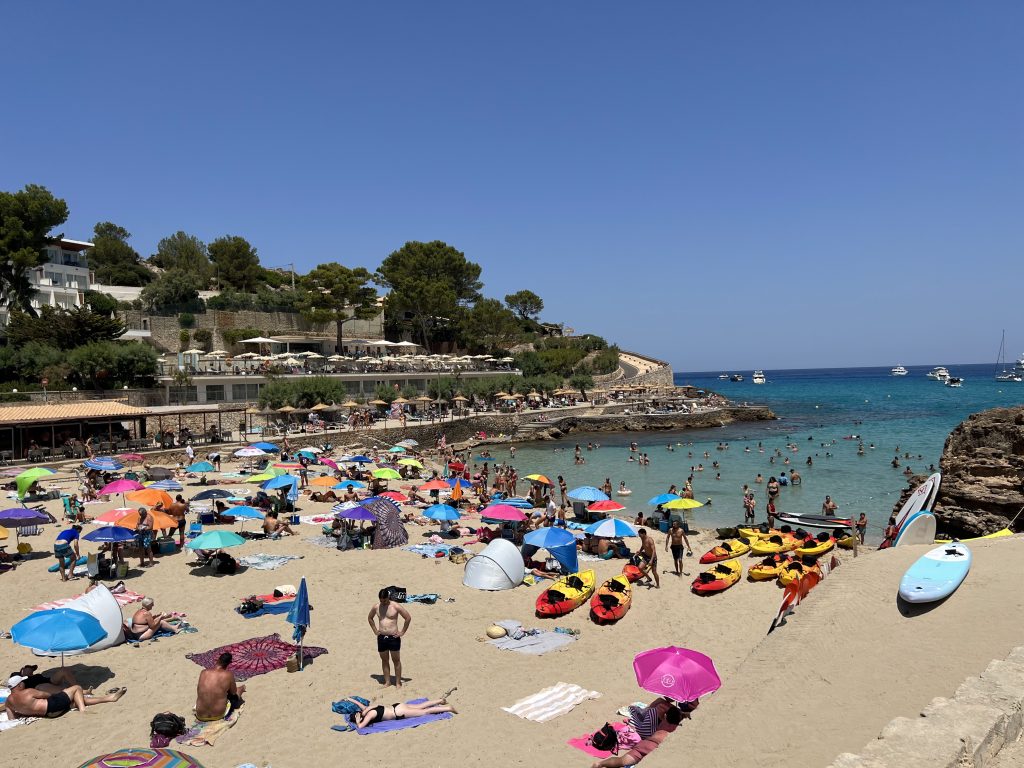
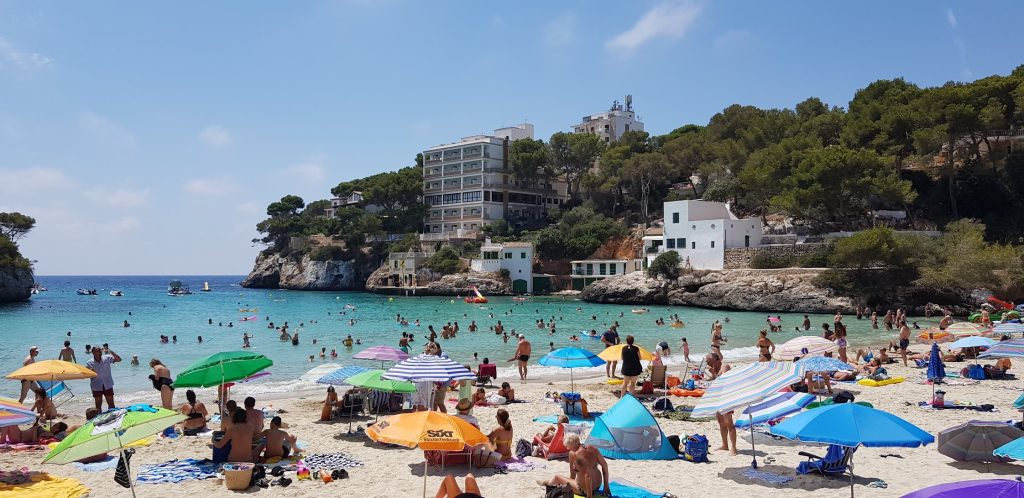
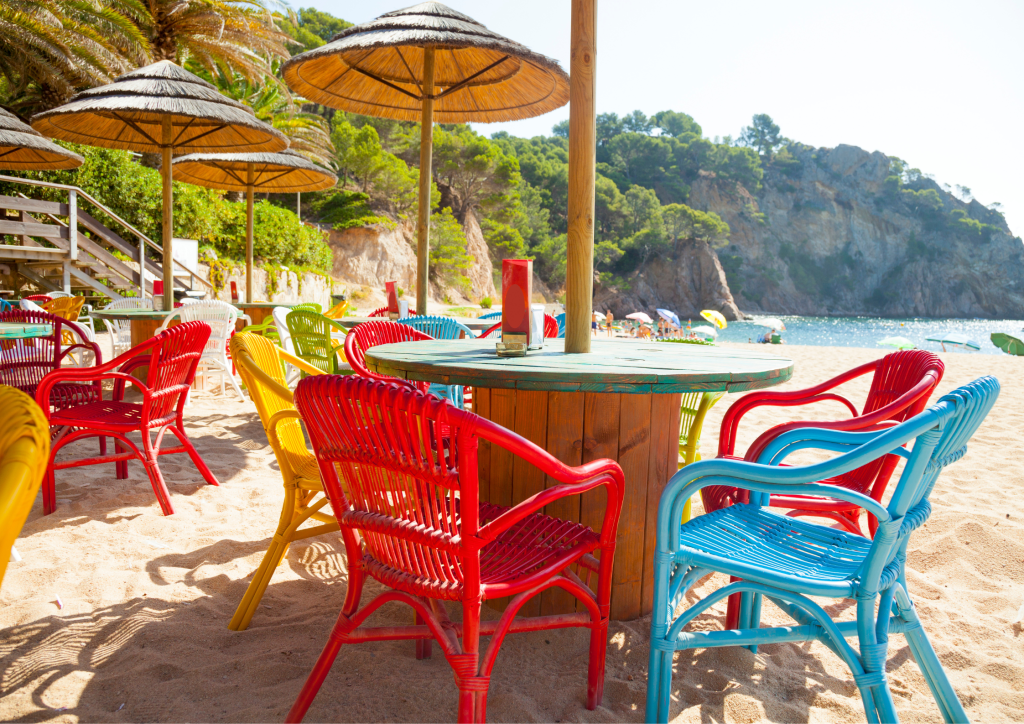
A ‘chiringuito’, a typical Spanish beach bar on the sand where tapas and drinks are served.
